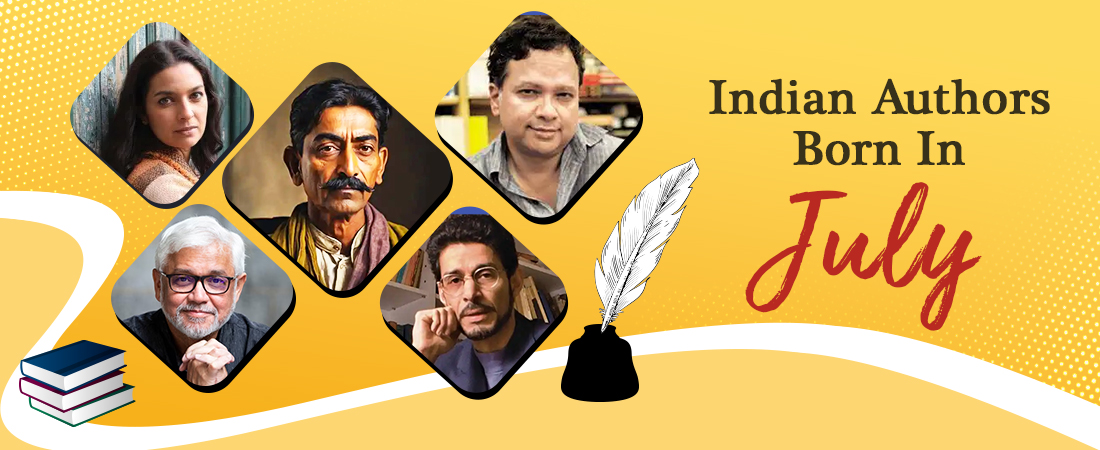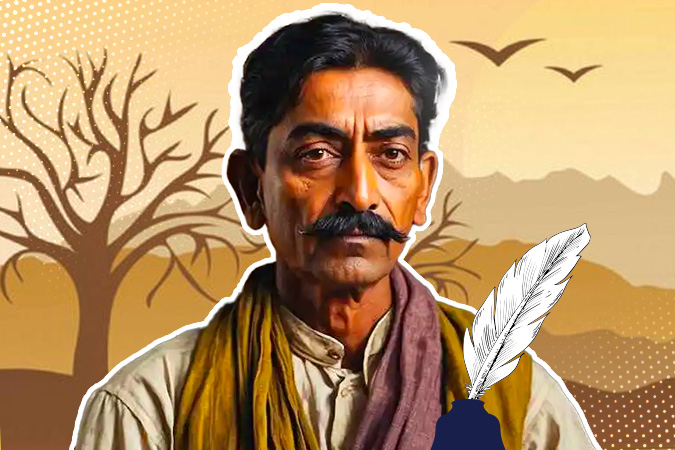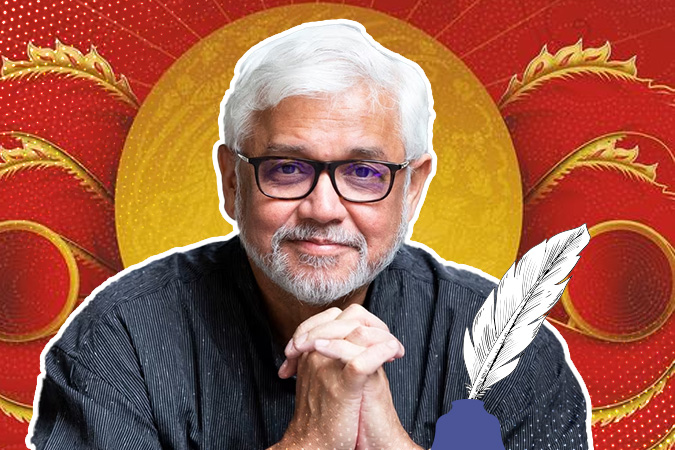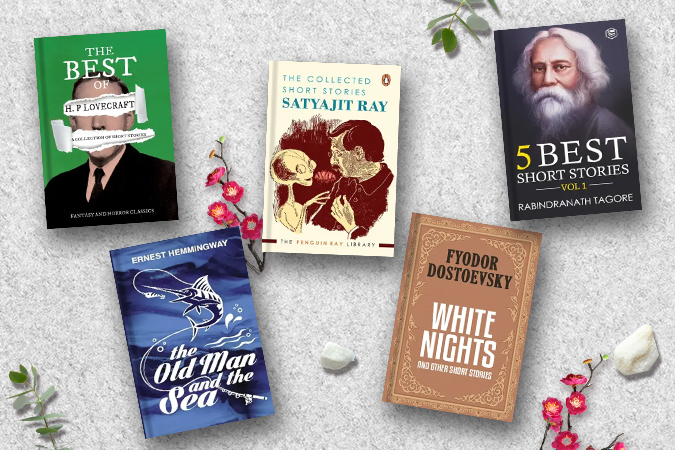
From Premchand, Jhumpa Lahiri to Amitav Ghosh, celebrating Indian authors born in July
Indian literature possesses a rich diversity of authors who have made significant contributions across various genres and languages. From profound themes to gripping novels, these few prominent Indian authors born in July have given us stories that resonate across generations.
Join us as we delve into the lives and works of Indian authors born in July, celebrating their contributions and the literary heritage they have enriched.
Premchand, whose full name was Dhanpat Rai Shrivastava, and later adopted the pseudonym Munshi Premchand, is one of the most honoured figures in Indian literature. His writings remain crucial for anyone seeking to understand the complexities of Indian society through the pre-independence and early post-independence period.
Major works
Novels:
- Godan (The Gift of a Cow)
- Gaban (Embezzlement)
- Karmabhoomi (The Field of Action)
Short Stories:
- Shatranj ke Khiladi (The Chess Players)
- Kafan (The Shroud)
Read more about our Author In Focus for the month of July and these books HERE
Jhumpa Lahiri‘s powerful storytelling highlights cultural identity and the human condition, making her a significant voice in contemporary literature. She captures the experiences of immigrants and the universal search for belonging.
Major works
- Interpreter of Maladies collection of nine short stories that hunt through the lives of Indian immigrants and their exposures in America.
- The Namesake: Her first novel, published in 2003, follows the life of a Bengali American boy named Gogol Ganguli and explores themes of identity, generational differences, and the immigrant experience.
- Unaccustomed Earth: Another collection of shortstories (2008) that carries on with Lahiri’s prominent themes such as family relationships, cultural adaptation, and the entanglement of human emotions.
Amitav Ghosh is popular for his novels, essays, and non-fiction works that explore historical events, cultural encounters, and environmental issues. His works have gathered critical acclaim and numerous awards, including the Sahitya Akademi Award, the Prix Médicis étranger (France), and the Jnanpith Award (India’s highest literary honour). His novels have been translated into many languages and have earned him a global audience.
Major works
- The Circle of Reason (1986): Ghosh’s debut novel walks through the journey of a young Bengali Muslim man named Alu from rural East Bengal to the Middle East and Europe. It explores themes of identity, religion, and cultural exile.
- The Shadow Lines (1988): A novel that interthread the personal and political histories of two families in India and England. It explores the themes of nationalism, borders, and memory.
- The Calcutta Chromosome (1995): A hypothetic historical novel that combines fact and fiction to explore themes of science, colonialism, and identity.
- The Ibis Trilogy: Comprising Sea of Poppies (2008), River of Smoke (2011), and Flood of Fire (2015), this trilogy spans the 19th century and follows the parallel lives of characters from India, China, and Britain against the backdrop of the Opium Wars and the colonial trade in Asia.
Vikram Chandra’s ability to blend literary craftsmanship and cultural insight, along with his exploration of complex themes, has made him a significant figure in contemporary global literature. His works captivate readers and provoke thought on issues of identity, technology, and the human experience.
Major works
- Love and Longing in Bombay (1997): A collection of interrelated short stories set in Mumbai, exploring themes of love, loss, and identity against the backdrop of the city’s lively culture.
- Sacred Games (2006): Chandra’s epic novel, which explores the underworld of Mumbai through the intersecting lives of a police officer and a scandalous gangster. It has been adapted into a popular Netflix series of the same name.
Rohinton Mistry is an acclaimed Indian-Canadian author known for his intuitive and sympathetic portrayal of characters of ordinary individuals grappling with extraordinary circumstances. His critically acclaimed novels, as the ones featured below, offer profound insights into the socio-political landscape of India, making Mistry a pivotal voice in post-colonial literature.
Major works
- Such a Long Journey (1991): Set in 1971 Bombay (now Mumbai), the novel follows Gustad Noble, a bank clerk, as he steers personal and political provocations, including family conflicts and the broader social disruption in India.
- A Fine Balance (1995): Perhaps Mistry’s most acclaimed work, this novel portrays the lives of four characters from contrasting backgrounds who come together in an unexpected bond during the political upheaval of 1970s India. It was shortlisted for the Booker Prize and won several other awards.
These authors constitute just a glimpse into the diverse and vibrant literary landscape of India, which encompasses a mountain of languages, cultures, and perspectives. Their works continue to echo with readers both in India and around the world, offering to understand the complexities of Indian society and the universal facets of human experience.
Find out more about authors born in the other months HERE









